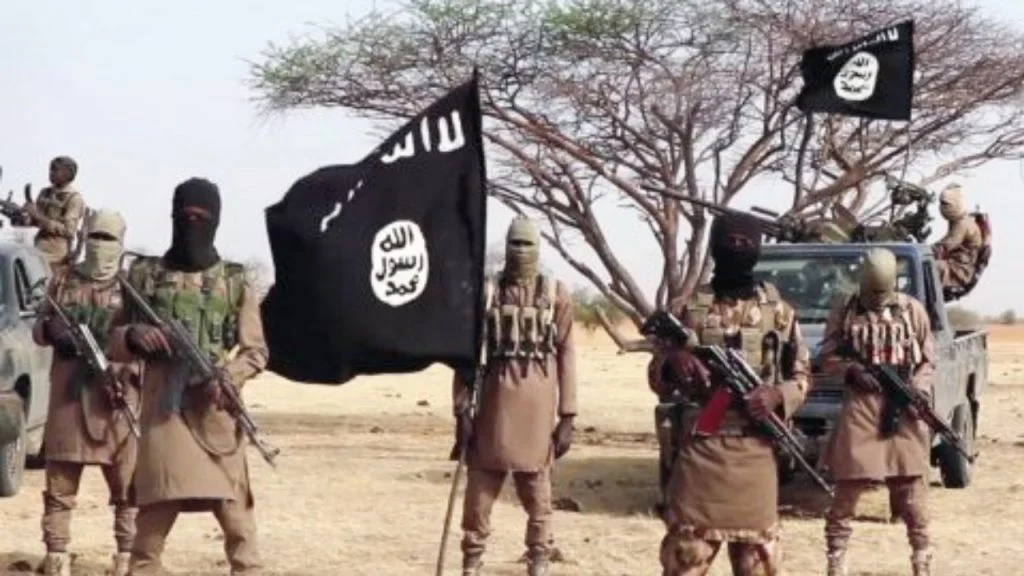News
There Is No Progress In The Fight Against Boko Haram – EU
The European parliament, legislative branch of the European Union, says there has not been progress in the fight against Boko Haram insurgents.
The parliament made this remark in its resolution of January 16, 2020.
In the past weeks, the insurgents had carried out a series of attacks on civilians and the military.
On Christmas eve, a faction of Boko Haram affiliated to the Islamic State, killed 11 Christian captives in Borno, saying the action was taken to avenge the deaths of Abu Bakr al-Baghdadi, IS’ late leader and Abul-Hasan Al-Muhajir, its spokesman, who were killed in Syria in October.
Many were stranded on the Damaturu-Maiduguri road when insurgents launched attacks on villages along that road. The convoy of a military commander was also attacked with his driver feared dead along same road.
Commenting on these attacks, the parliament said the security situation in Nigeria has deteriorated significantly.
In passing its resolution, the parliament “deplores the terrorist attacks which have taken place in the country; reiterates its concern about the protracted crisis in Nigeria and the volatile security situation in the north-east, and strongly condemns the repeated violations of human rights, international and humanitarian law, whether based on religion or ethnicity.
“Condemns in particular the recent increase in violence against ethnic and religious communities, including the targeting of religious institutions and worshippers.
“Deplores that progress has stalled in the fight against Boko Haram, ISWAP and the increased occurrence and severity of suicide attacks and direct attacks against military positions; recalls that Nigeria’s President Buhari was re-elected in 2019 on the promise of defeating the violent extremism promoted by Boko Haram and other terror groups, and urges the President to implement his campaign promises.
“Urges the Nigerian authorities to guarantee respect for human rights in the country, and to protect the civilian population from terrorism and violence; insists that such efforts must be conducted in full accordance with respect for human rights and the rule of law, in line with the country’s international obligations.
“Considers any form of extermination of human beings or ethnic cleansing barbaric and a crime against humanity; urges the Nigerian Government to address the root causes of violence by ensuring equal rights for all citizens and non-discrimination legislation; insists, in this regard, on the need to further promote inter-religious dialogue and the peaceful coexistence of citizens irrespective of their religion, engaging with all relevant stakeholders, including the Nigerian Inter-religious Council.”
The parliament said it is deeply worried by the reports of ill-treatment of children detained in military facilities and called on the Nigerian authorities to allow the UN access to its military detention facilities, sign a formal handover protocol to ensure that children detained by the military are quickly transferred to appropriate child protection authorities.
Reminding the Nigerian authorities of the obligation to protect the rights of children and to ensure protection and provide care to those affected by terrorism or conflict, the parliament asked the government to ensure children have access access to education as education and economic opportunities are powerful tools against radicalisation.



